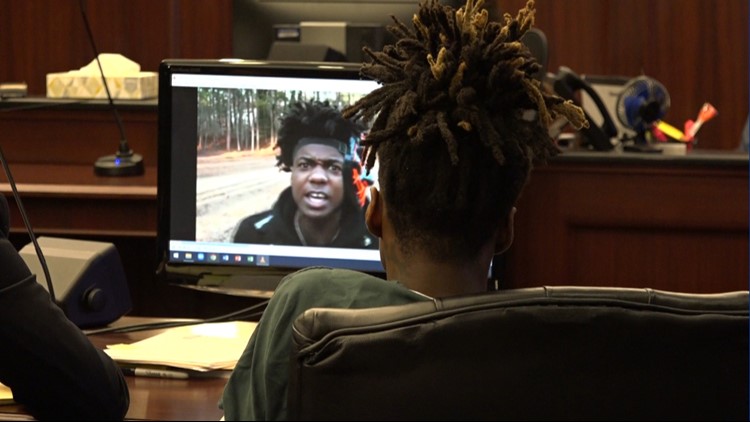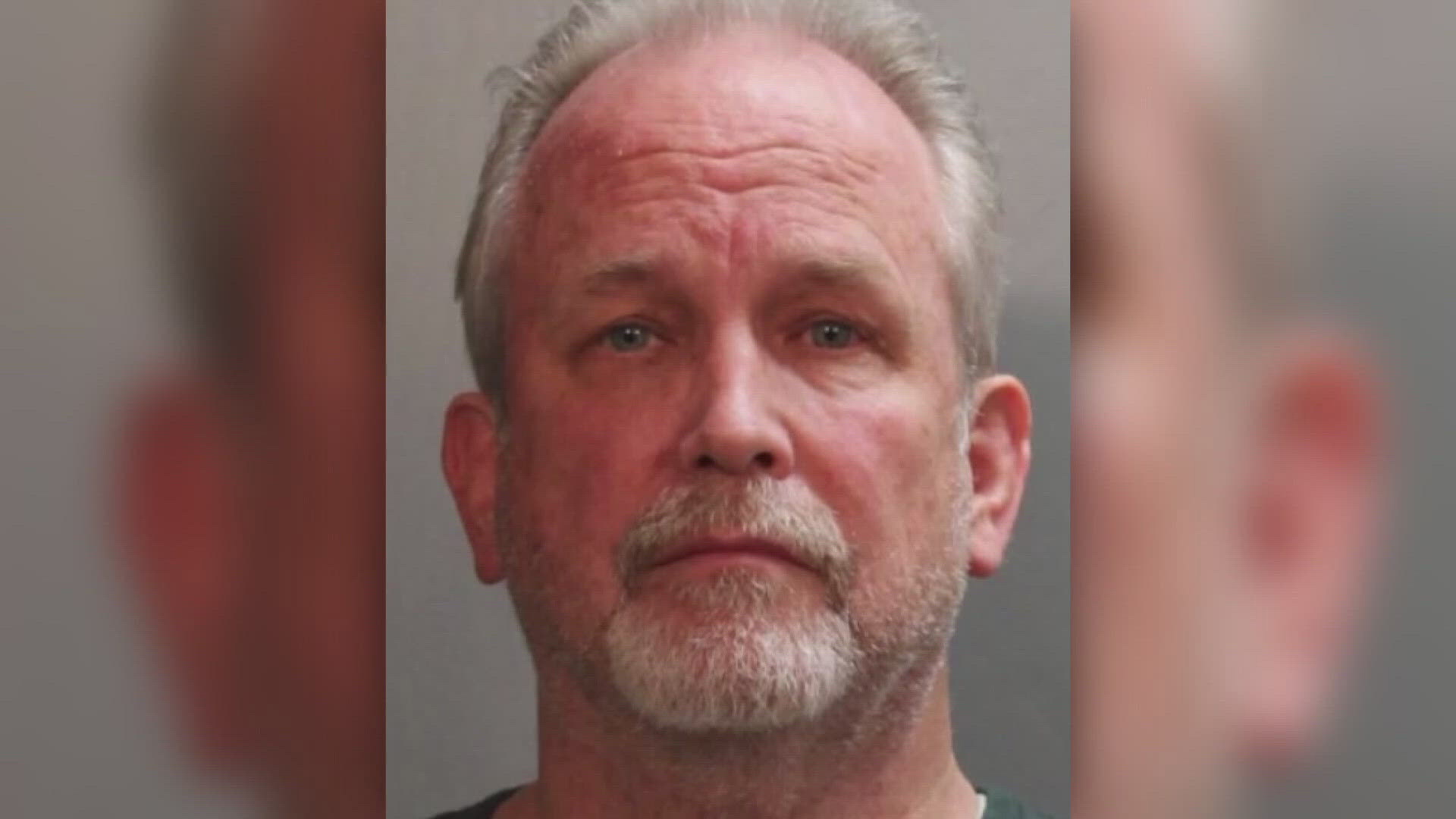JACKSONVILLE, Fla. — Two weeks after being declared indigent, meaning unable to pay for legal representation, by a judge, the Jacksonville rapper known as Spinabenz has hired a private attorney.
The performer, whose real name is Noah Williams, was arrested in early September for allegedly removing his ankle monitor, a condition of bond in a separate gun possession case. Following his arrest, a judge revoked his bond and declared the popular rapper, “indigent,” meaning he could not afford an attorney. He was assigned a public defender to represent him.
But on Sept. 21, a private Orlando attorney filed a notice of appearance and his public defender filed a motion to withdraw. Daniel Eckhart is the same attorney representing Williams on 2021 charges of gun possession by a convicted felon. In that case, prosecutors charged him under a state law that allows for enhanced penalties for gang members. Williams already faces up to 30 years in prison if convicted of the first-degree felony, but the gang enhancement could potentially yield a life sentence.
Williams, 24, has pleaded not guilty in both cases.
His successful music career, which includes the popular video, “Who I Smoke,” is predicated on his affiliation with a violent street gang that police say has committed dozens of homicides.
Prosecutors had hoped to show jurors his rap videos and his social media presence as evidence in the case, saying they provide essential context for why he was carrying a gun the day of his arrest. Williams’ attorney objected, saying the information would be unfairly prejudicial in “a simple possession case" and asked Circuit Judge Jeb Branham to “bifurcate” the possession charge from the gang enhancement.
Last week, Branham granted the request, saying the gang related testimony would be “unduly prejudicial” for a jury to hear, and would outweigh its evidentiary value in the case. This means the case will be split into two different phases.
“Because of the danger of unfair prejudice posed by allowing the State to introduce all of its gang-related enhancement evidence during the guilt phase, the Court will order the trial bifurcated into a guilt phase and a penalty enhancement phase," Branham wrote.
That means most of the state’s gang related evidence will only come out if there is a conviction, at which time a jury would be asked to consider whether Williams qualifies for a gang related sentencing enhancement.
That doesn’t mean no gang evidence will be allowed at all. In his order, Branham specifically cited a rap lyric in which Williams talks about giving a girl money to buy him a Glock, which prosecutors say resembles what happened in the case. Braham said such limited evidence could be admitted on a case-by-case basis.
The trial is set to begin Oct. 17.



